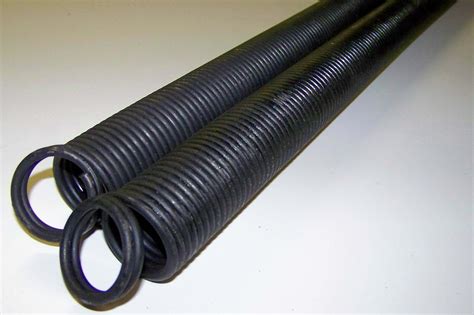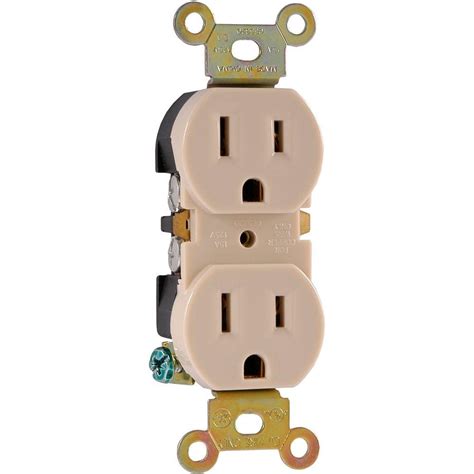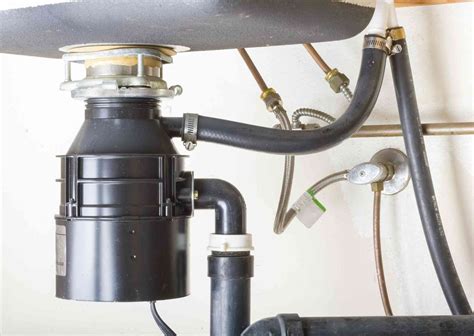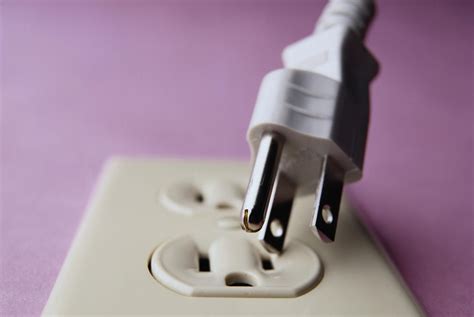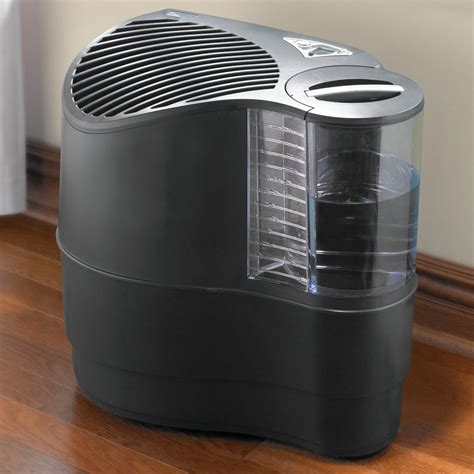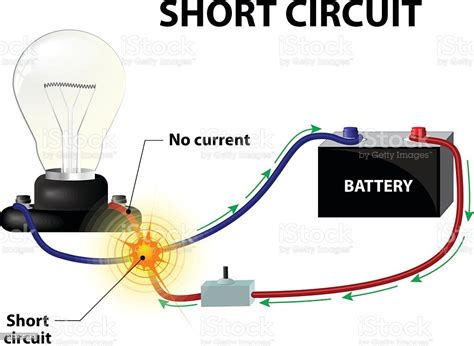
Understanding Short Circuits: Causes and Types
Short circuits are electrical malfunctions that can occur in various devices and electrical systems. Let’s delve into the causes and types of short circuits:
What Causes Short Circuits?
A short circuit is typically caused by a direct connection between two conductive elements with low resistance. This connection bypasses the intended circuit path, leading to excessive current flow. The most common causes of short circuits include:
- Faulty or damaged wiring
- Overheating of electrical components
- Moisture or water exposure
- Loose or exposed wires
- Physical damage to cables or devices
Types of Short Circuits
There are two main types of short circuits:
Normal Short Circuit
A normal short circuit occurs when two conductive wires or components of opposite polarities come into direct contact. This type of short circuit typically results in a sudden surge of electrical current, leading to potential damage or malfunction of the circuit.
Ground Fault Short Circuit
A ground fault short circuit occurs when a live wire comes into contact with a ground conductor, such as a metal conduit or the grounding wire. This type of short circuit can cause electrical shocks, fires, or circuit breaker tripping.
Signs and Dangers of Short Circuits
Signs of a Short Circuit
Identifying the signs of a short circuit can help prevent potential hazards. Look out for the following indications:
- Frequent tripping of circuit breakers or blowing of fuses
- Sparks or electrical arcs
- Burning smells or unusual odors
- Smoke or scorch marks
- Non-functioning or malfunctioning electrical devices
Why Short Circuits Are Dangerous
Short circuits pose significant dangers, including:
- Fire hazards: The excessive current flow can generate heat, leading to electrical fires.
- Electrocution risks: Short circuits can cause electrical shocks, posing a threat to human safety.
- Damage to electrical devices: The high current can damage or destroy sensitive electronic components.
How to Fix Short Circuits
Isolate the Circuit
When dealing with a short circuit, it’s crucial to isolate the affected circuit by turning off the power at the circuit breaker or fuse box.
Make the Circuit Safe to Work On
Before attempting any repairs, ensure the circuit is safe by using a voltage tester to confirm that there is no electrical current present.
List the Devices
Make a list of all devices or outlets connected to the circuit that experienced the short circuit. This will help in the troubleshooting process.
Examine the Devices
Carefully inspect each device connected to the circuit for any visible signs of damage, loose connections, or burnt
components.
Look Inside Devices
If the external examination does not reveal the cause, you may need to open up the devices (if safe and within your expertise) to inspect their internal wiring and components.
Check Cables in Walls and Attics
Inspect the cables running through walls, attics, or crawl spaces for any signs of damage, exposed wires, or moisture that may have contributed to the short circuit.
When to Call a Professional
If you’re uncertain about your ability to diagnose or fix a short circuit, or if the issue persists after your attempts, it’s best to call a licensed electrician for professional assistance.
FAQs (Frequently Asked Questions)
1. Can a short circuit damage my electrical appliances?
Yes, a short circuit can potentially damage or destroy electrical appliances. The excessive current flow during a short circuit can cause overheating, component failure, or even electrical fires within the appliances.
2. How can I prevent short circuits in my home?
To minimize the risk of short circuits, follow these preventive measures:
- Ensure proper insulation and protection of electrical wires
- Avoid overloading electrical circuits
- Regularly inspect and maintain electrical devices and wiring
- Keep electrical devices away from water sources
3. Are short circuits covered by home insurance?
The coverage for short circuits may vary depending on your home insurance policy. Some policies may cover damages resulting from short circuits, while others may require additional coverage. Review your policy or consult with your insurance provider to understand the specifics of your coverage.
Now that you have a better understanding of short circuits, their causes, and how to address them, you can approach electrical issues with confidence and ensure the safety of your home’s electrical system.


